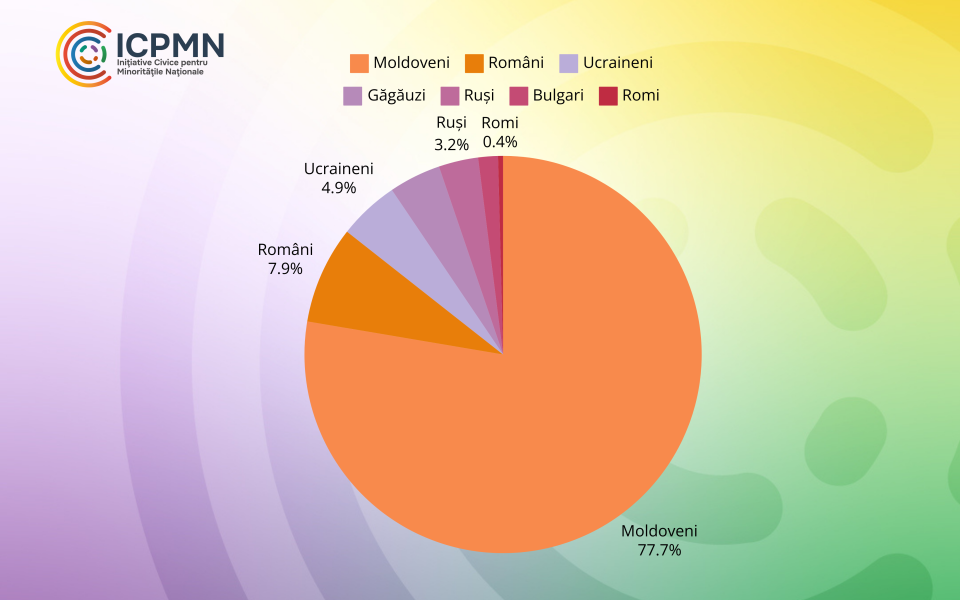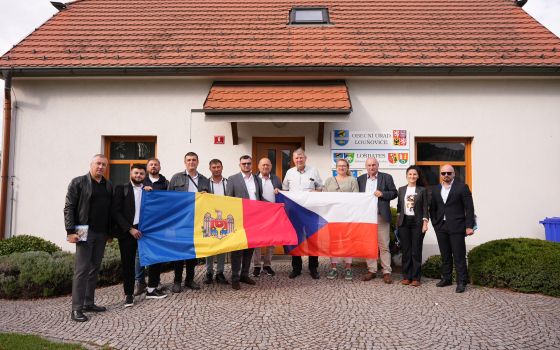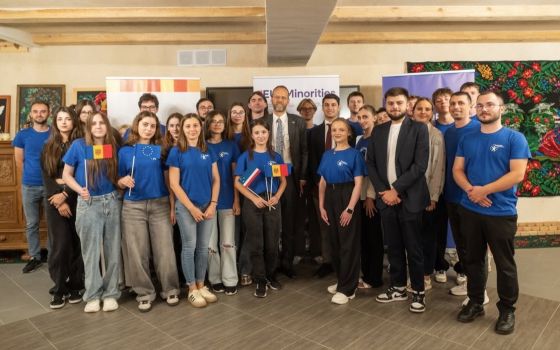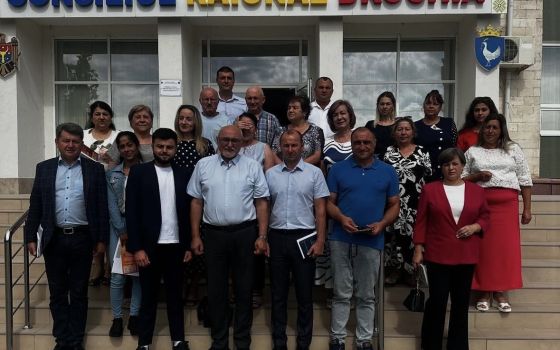National Minorities in the Republic of Moldova: Integration Challenges and the Need for Education for Unity
According to the 2024 census, national minorities make up a significant percentage of the total population of the Republic of Moldova, around 18%. Of these, the majority are Moldovans (77.2%) and Romanians (7.9%), while the rest of the population consists of various ethnic groups. The largest ethnic minorities are Ukrainians (4.9%), Gagauzi (4.2%), Russians (3.2%), Bulgarians (1.6%), and Roma (0.4%). This ethnic diversity reflects the complexity and cultural richness of the Republic of Moldova, but also presents challenges related to the integration of these groups into the political and social life of the country.
One of the main issues in integrating these minorities is their consumption of information primarily from sources in the Russian language, which can lead to incomplete or distorted perceptions of reality. Often, these sources are influenced by external perspectives that do not reflect the interests and realities of the country. As a result, citizens from ethnic minorities are more vulnerable to disinformation and manipulation, which affects their ability to make informed decisions about their future and the future of the country. In this context, limited access to reliable sources of information in Romanian becomes a key factor that can contribute to social division and the creation of an atmosphere of distrust in state institutions.
To overcome these challenges, it is essential to develop educational programs that support the learning of the Romanian language among minorities. Such initiatives would facilitate their integration into public life and provide access to reliable and relevant sources of information. Furthermore, learning Romanian would not only reduce the informational gap but also strengthen the ties between different ethnic communities in Moldova. Minorities would thus have the opportunity to actively participate in the democratic process and contribute to the development of a more united and cohesive society.
Investing in education and integration is not only a social necessity but also an economic one. By providing all citizens with equal opportunities to learn the Romanian language and access reliable information, the Moldovan state will help reduce inequalities and strengthen national unity. In the long run, this will enable the Republic of Moldova to build a more stable and prosperous future, based on unity and active participation from all ethnic groups. Therefore, the integration of minorities and ongoing education are fundamental pillars of a democratic and European state.



